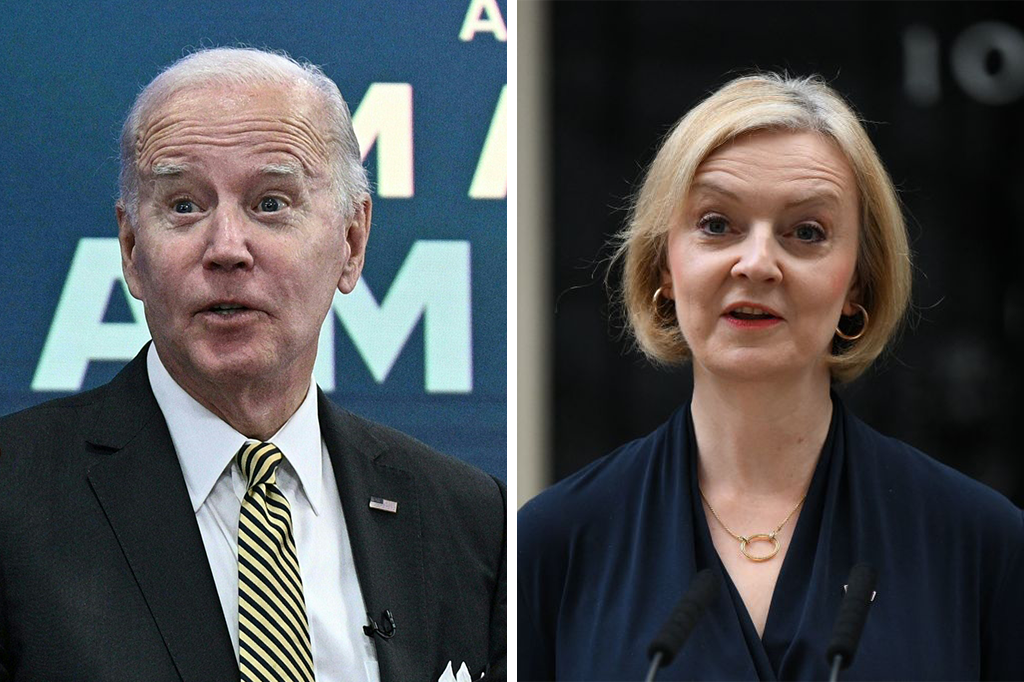Liz Truss has resigned after only forty-five days in office, the shortest serving prime minister in British history. She’s long come off as a stubborn and prideful figure, stuffed with confidence even if she doesn’t express it well. It must have taken a momentous behind-the-scenes rebellion to convince her to go — and surely that’s what happened.
The past couple of weeks in British politics have been nothing short of mesmerizing. We Americans now understand how the rest of the world must have felt gawking at us for five years. The UK’s multidirectional train crash has seen its top treasury and homeland security ministers ousted, the chief and deputy chief Conservative whips reportedly resign only to un-resign, the government reverse course on much of its economic agenda, and a blood-on-the-floor spectacle last night in Parliament where Tory whips allegedly manhandled crying MPs into a controversial vote on fracking.
And that’s just the past week.
Yet if British politics has lately been ugly, grant it this much: at least they don’t have to stand for bad leaders. Truss was never a saint or a sun god; she was merely the current leader of the Conservative Party. Ho hum. No “Hail to the Chief” required: political power in the UK is far more desacralized than it is here. And once Truss became a liability, once the pound and the polls went south, she got the boot.
Contrast that now with our presidential system. Short of impeachment or the ballyhooed 25th Amendment, Americans have no instrument for ousting our presidents. If we elect Joe Biden, we’re stuck with Joe Biden, even if Joe Biden keeps gaffing ahead the minute hand on the Doomsday Clock, even if it’s not entirely clear Joe Biden is running the country. The head of politics is also the head of state. We both elect him and pay for him to live in a palace. This can lead to a kind of masquerade feeling, where everyone in government smiles and pretends everything is normal even if their boss is saying things like “Let me start off with two words: made in America.”
In the US, officials go to great pains to hide governmental chaos, to project a sense of normalcy. In the UK, they try to do this too, but there are also more immediate consequences for failure, as Liz Truss just found out. The downside of this, of course, is that it can lead to instability. The British have now been through six prime ministers in fifteen years (the Australians have been through ten). And there’s nothing pretty about a government bucketing out water while the PM stands obtusely on the bow like a hood ornament. It will take some doing to restore confidence in Britain, no question about it.
But again: at least there’s a mechanism to rectify the problem. America’s presidential terms are meant to be a compromise, to both guarantee stability and avoid another FDR-style authoritarian lite. Presidents can neither be easily removed nor can they stick around forever; their terms are largely inviolable yet they’re also limited to two of them. I’m not endorsing parliamentary democracy or constitutional monarchy by any means. Yet let’s be honest: doesn’t carting away lousy leaders look pretty good right about now?

























